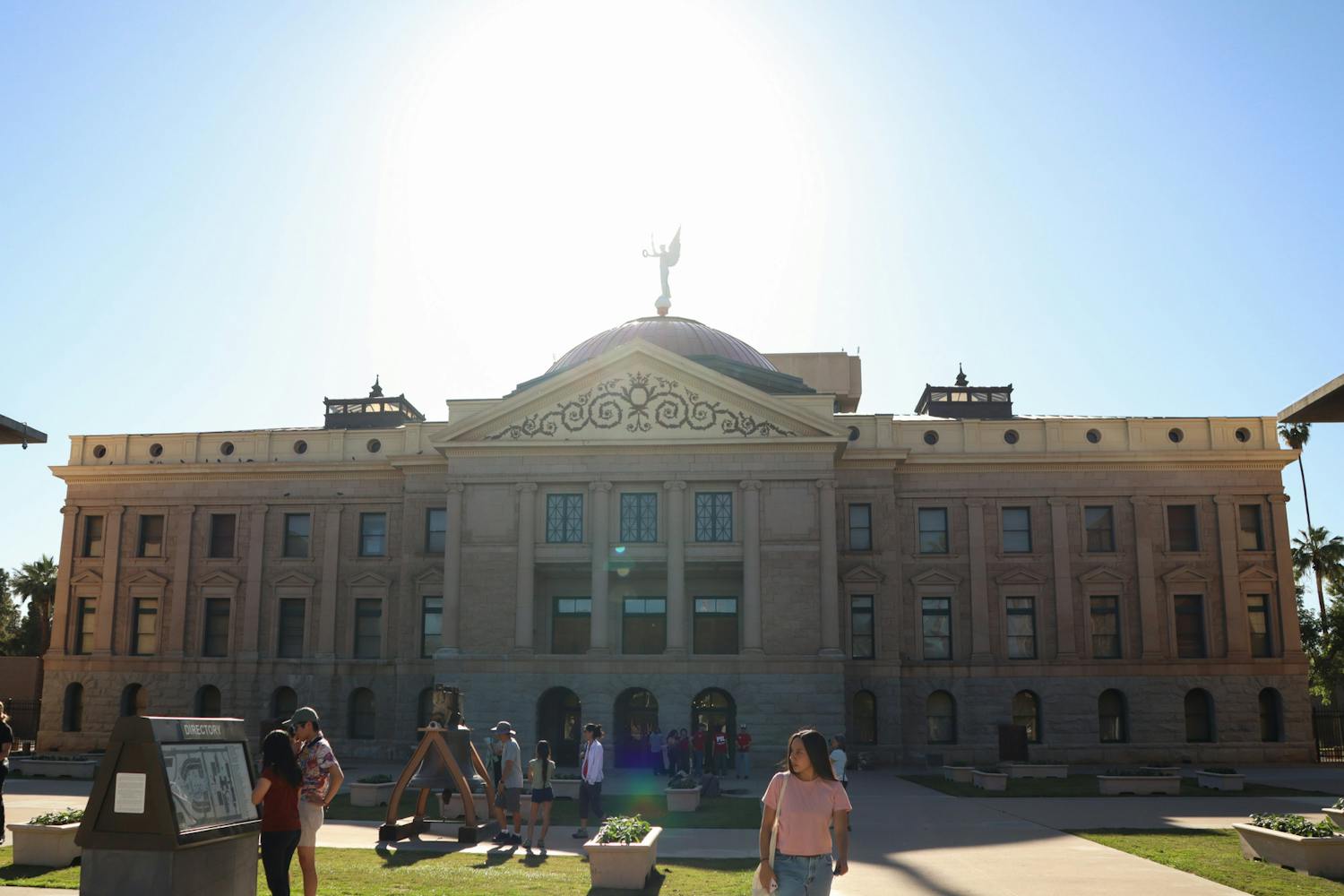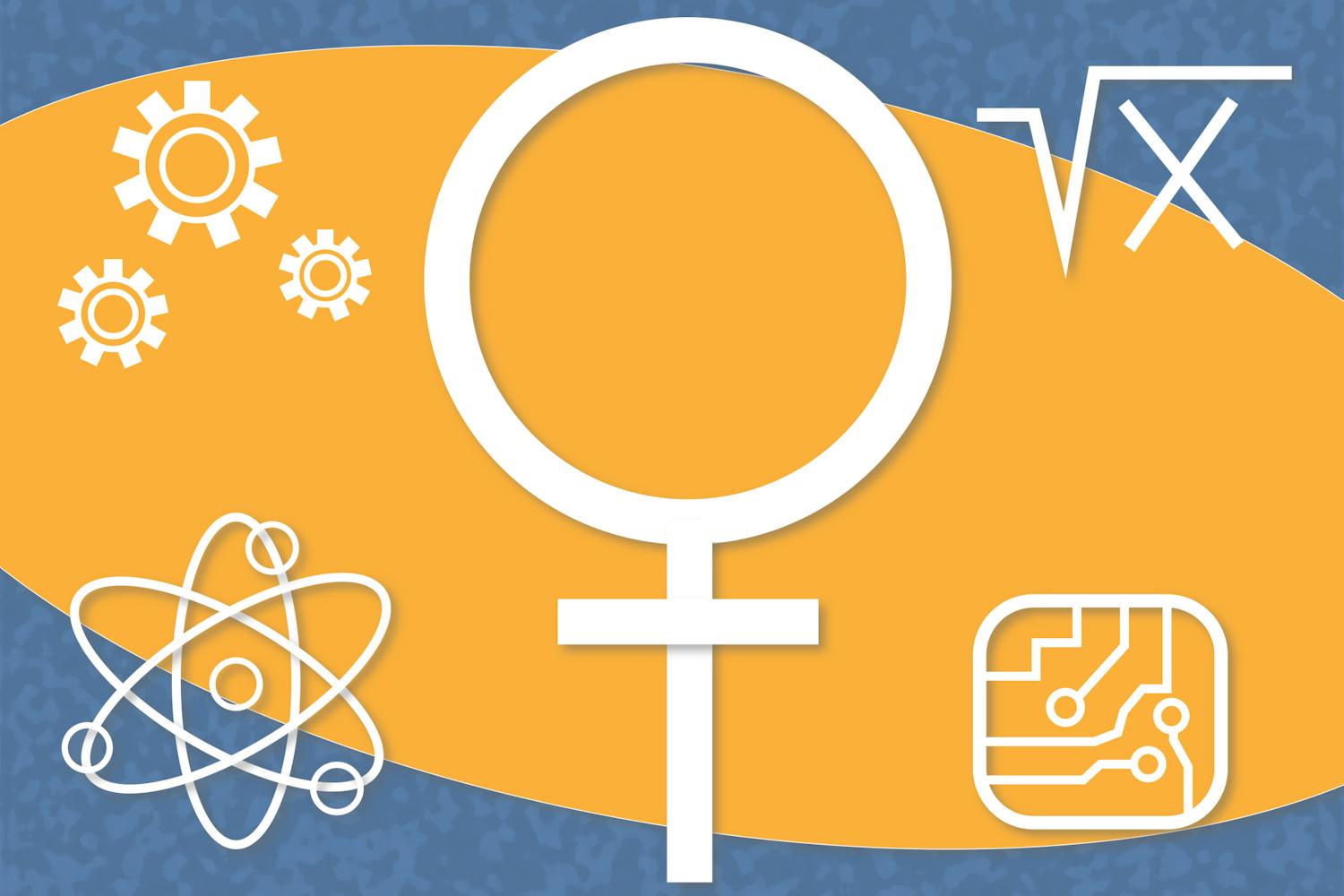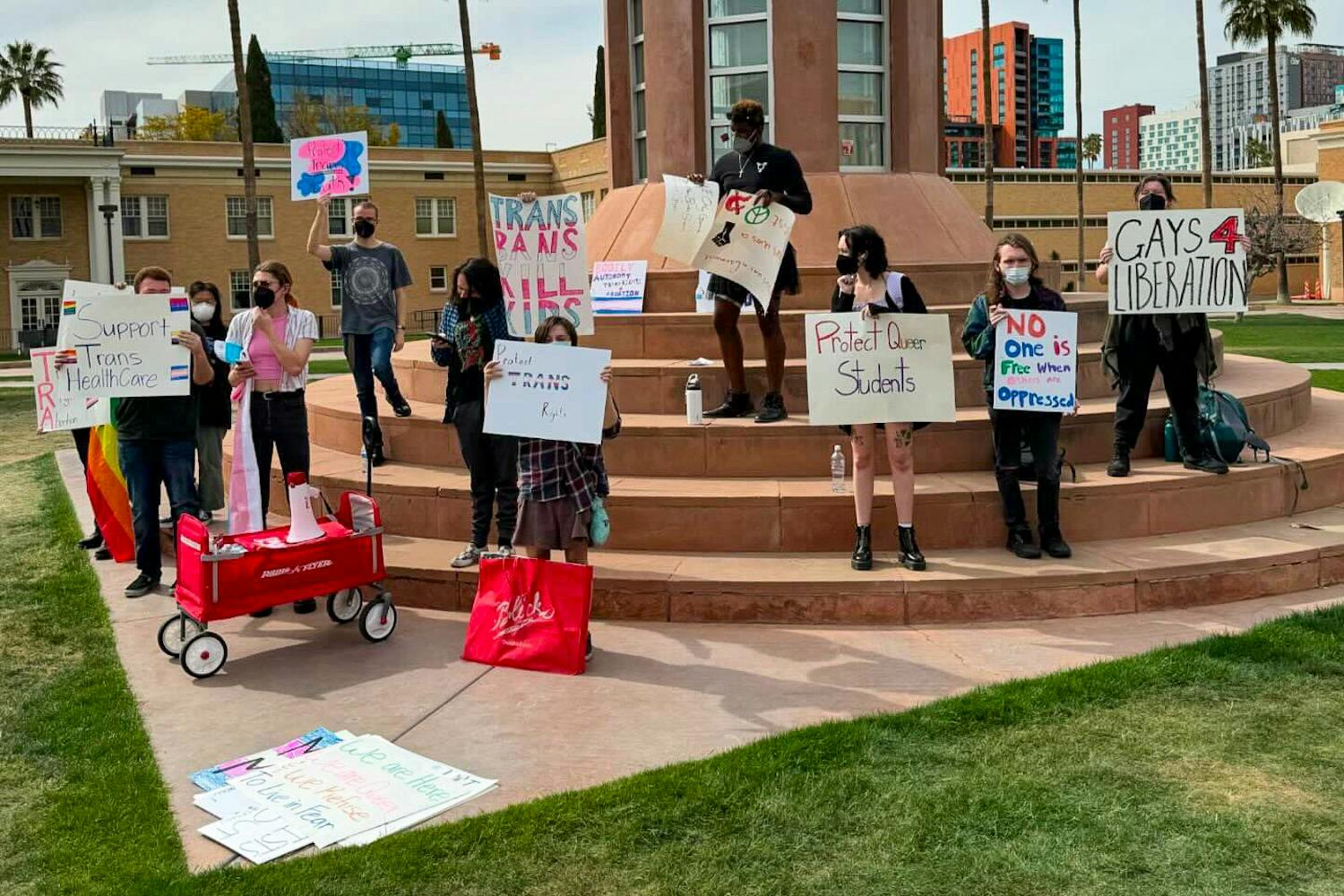Faced with an expected budget deficit of more than $33 million, Tempe city officials are asking residents to spare some change. In May, city voters will give them an answer through Prop 401.
Prop 401, a resolution to increase the city’s sales tax from 1.8 to 2 percent for the next four years, will appear on the May 18 general election ballot.
Tempe Vice Mayor Shana Ellis, who is in favor of the tax, said the city council wants to give citizens an opportunity to decide whether or not they desire the tax increase.
“We’re just asking everybody to give a little bit,” Ellis said.
Earlier last month, the council unanimously voted to place the resolution on the May ballot, but this came only after changes were made to the measure’s language.
One change was to put a sunset on the tax, having it expire in 2014.
“This was to get us through the difficult times,” said councilwoman Onnie Shekerjian.
Shekerjian explained the sunset was a response to concerns over new taxes becoming permanent.
Another change was to exempt grocery store food from the tax increase.
Tempe, like most Arizona cities, includes food in its sales tax.
“I have a real problem with [the food tax],” Shekerjian said. “That is the most regressive kind of tax there is.”
In better economic times, Shekerjian said she would like to see the food tax removed completely.
On May 18, Tempe voters will also be deciding whether or not to increase the state sales tax by 1 cent per dollar, or from 5.6 percent to 6.6 percent.
Combining the 0.7 percent Maricopa County sales tax, the state tax and the city tax, Tempe customers currently pay an 8.1 percent sales tax with each purchase of taxed merchandise.
If both the city and state measures are passed, Tempe residents will be looking at a 9.3 percent sales tax.
Ellis said nearly all the city’s revenue is raised by taxes.
“All of those funds are down,” she said. “It’s across the United States — actually, across the world. People are just not spending enough, [and] as much as they used to.”
Sales tax revenue for Tempe dropped from about $38.5 million to $32 million between fiscal years 2007 and 2009, according to a city report.
Ellis said the city has been forced to do some trimming in order to balance the budget.
City council candidate Mark Ortiz, who said he rarely agrees with raising taxes, is also in favor of the sales tax.
“We are stuck between a rock and a hard place,” Ortiz said. “And that tax will help us out, if it is passed.”
Councilmember Joel Navarro said he does not think the sales tax increase will deter new businesses from moving to Tempe, because out of 26 cities near and around Maricopa County, the sales tax is 2 percent and above.
Phoenix currently has a 2 percent sales tax, according to a city report. In Mesa it is 1.75 percent, and in Scottsdale, it is 1.65.
Tempe’s sales tax has increased three times in he past 15 years. In 1994, the tax increased from 1 percent to 1.2 percent. It jumped to 1.7 in 1997 and again increased to 1.8 percent in 2001.
If passed, the 2 percent sales tax would begin July 1.
Reach the reporters at kjdaly@asu.edu, stacy.ayiers@asu.edu and heather.dwyer@asu.edu



